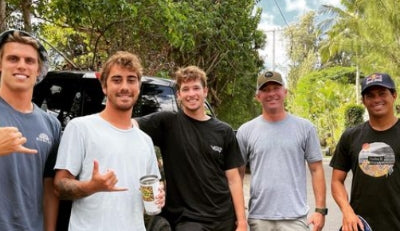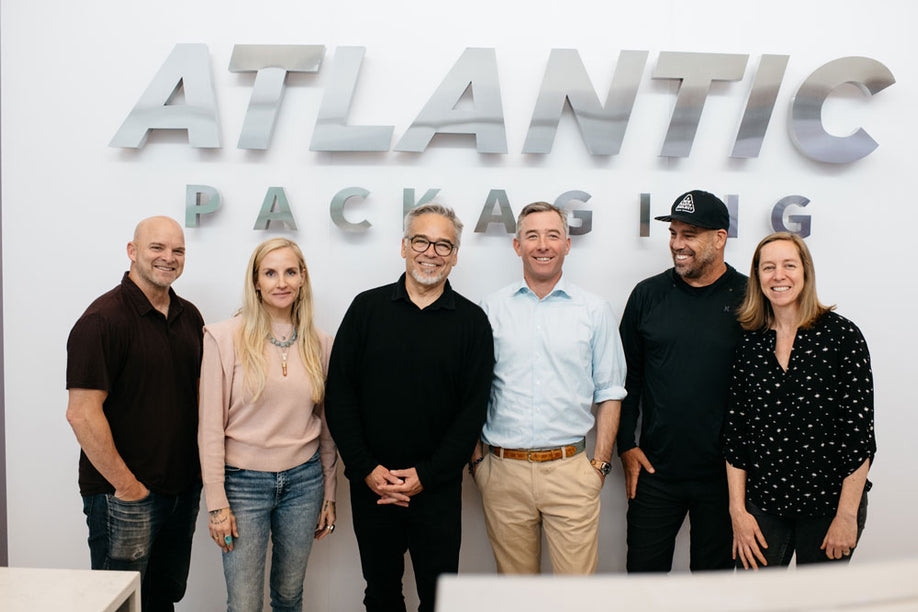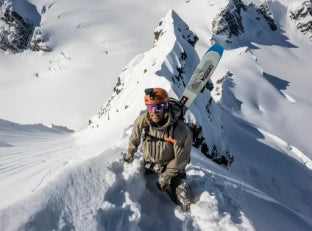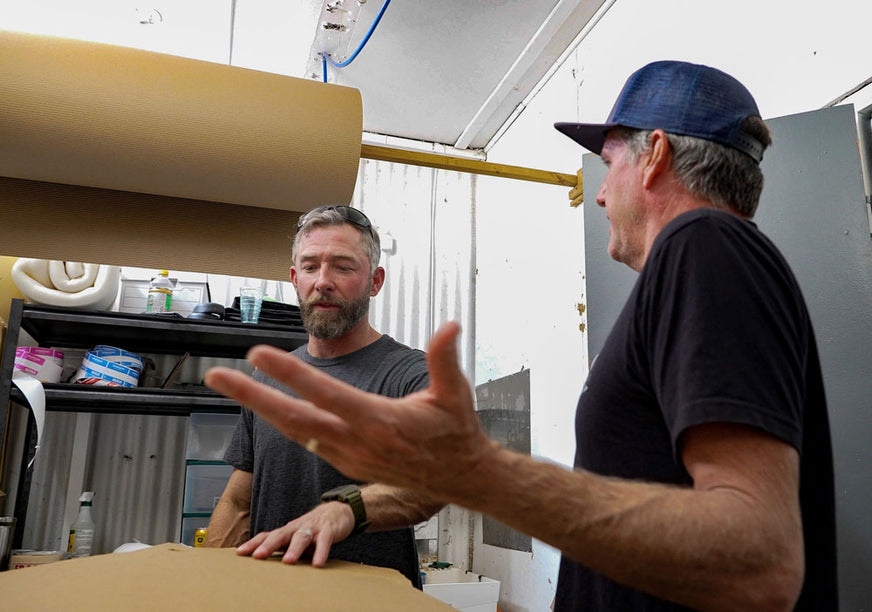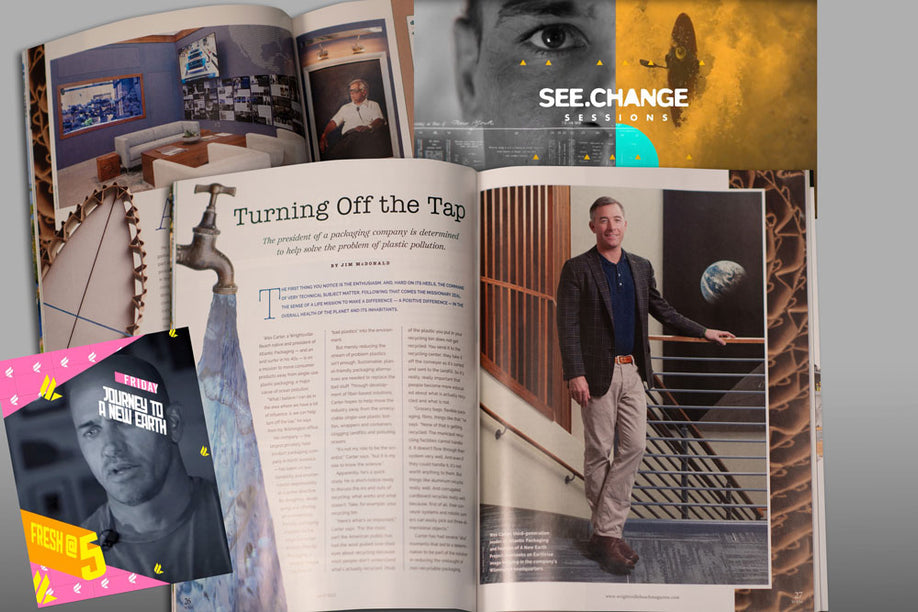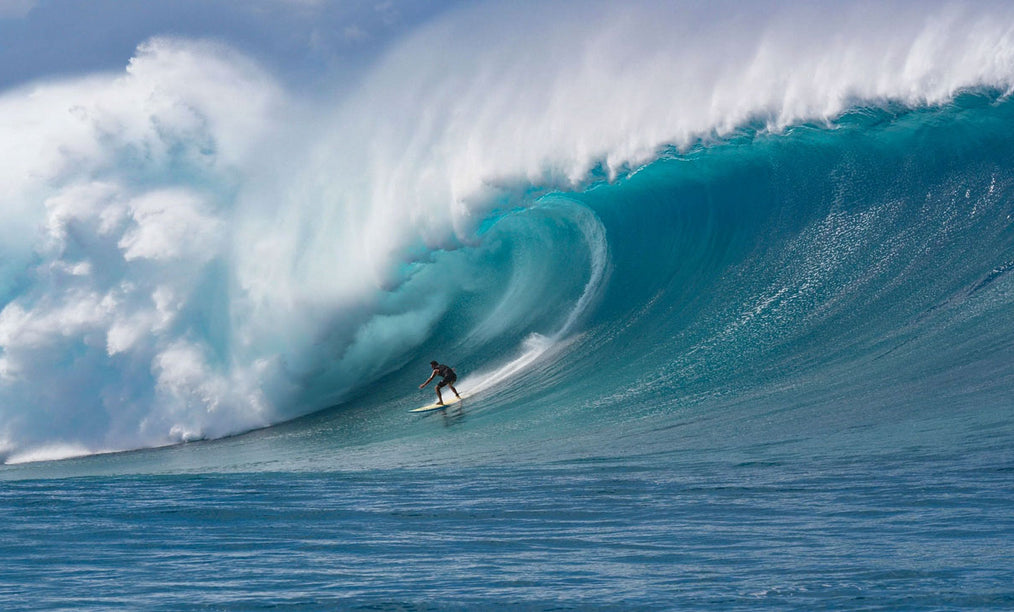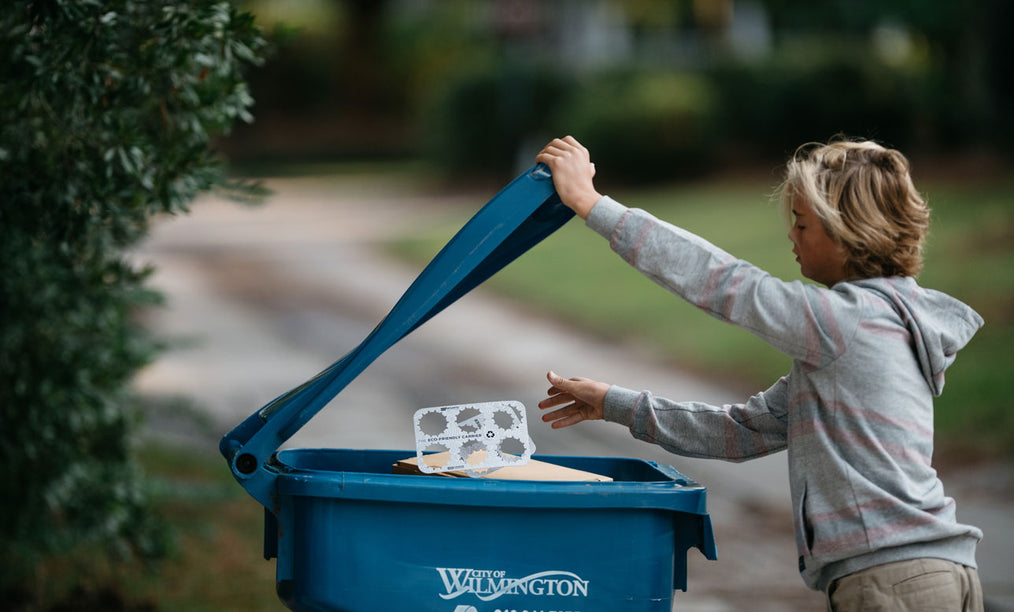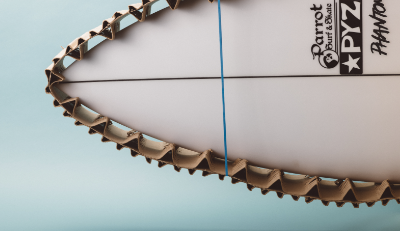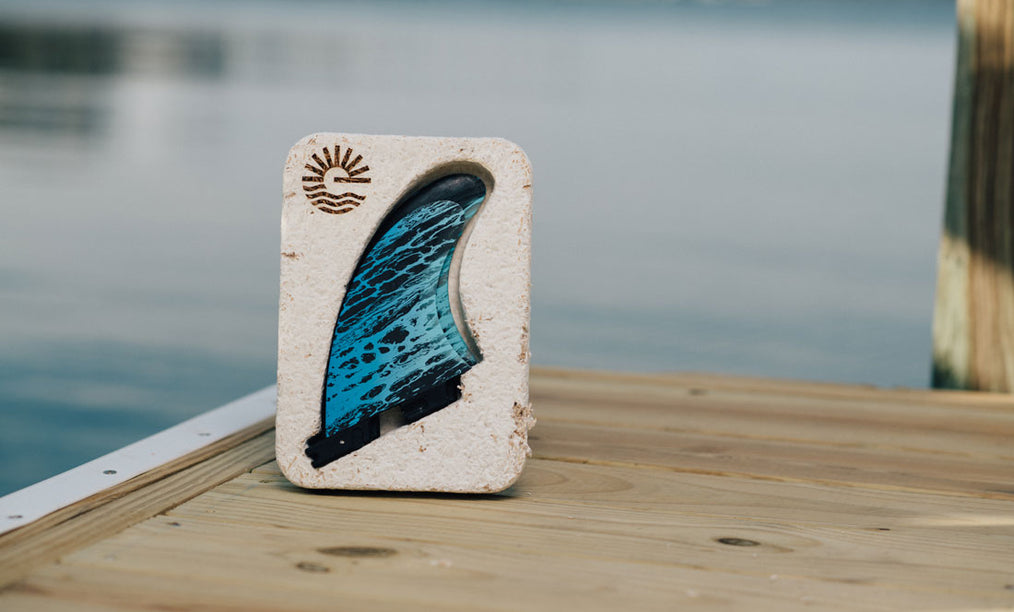Dave Ford, like many of us, is no fan of today's hyper-partisan atmosphere. He sees the damage being done and it doesn't sit well with him. But rather than complain about it, he's emboldening a chorus of voices intent on bringing common courtesy, common cause, and common sense to dialogues.
As founder of the Ocean Plastics Leadership Network he launched in 2019, he's having an outsized impact on these fronts. In just a few short years, the strides OPLN has made bringing hundreds of heavy-hitting stakeholders into his network makes his story look like an overnight successes one.
OPLN, the legend goes, was formed on a ship in the middle of the North Atlantic Gyre, one of the five major garbage patches littering our oceans. Out there with him, getting an up-close look at the damage being done, were 165 leaders representing global industry, activism, governments, trade groups, and NGOs. From Greenpeace and the World Wildlife Fund to Coca Cola, Pepsi, Nestle, the American Chemistry Council, and even the World Bank, the gathering was a who's who of outsized stakeholders in the plastics pollution problem.
How Ford managed to pull all of these groups together -especially groups who don't often see eye-to-eye - is a miracle in itself.
"It took me about a year of hustle - hard core hustle - to make that trip happen," he says.
But Ford is discounting the many years he spent getting CEOs out from behind their desk long before that. The truth is OPLN's overnight success was almost a couple decades in the making.
Back in the early 2000s, Ford spent a good chunk of time on walkabouts throughout the global south. Along the way he witnessed a lot of the damage being done by businesses and corporations, all promising, in one way or another, to make our lives more convenient. He wondered how the CEOs of those companies would feel if they saw the damage themselves, firsthand. So, when he got home he launched an educational excursion outfit called SoulBuffallo. Its mission: take corporate leaders on eye-opening trips to areas being negatively impacted by their business practices.
When we bring these corporations out with us, it's not about rubbing their noses in it. We want the leading organizations in the world that are dedicated to fixing this to come together and learn from each other. They all know it's a challenge - Dave Ford, OPLN
After more than a decade of building trust, dialogue, and rapport with dozens of CEO's and corporate leaders, the idea of gathering of bunch of stakeholders together to discuss potential solutions for the plastic pollution problem began to simmer in his mind.
By 2018 it was coming to a boil.

By then, Ford had amassed more than a decade of experience listening to leaders from all sides, and growing his understanding of the tradeoffs being weighed in their decisions. Private outings in natural settings tend to disarm people, opening them up to honest conversations. Ford absorbed layers of information and insights that added high def quality to his internal map of the world.
If he could just bring his network together to share, discuss, and debate information and ideas in a healthy way, he knew they could all get somewhere. So as he embarked on his summit planning, he made sure it would go over well with all sides. Like all good dialogue, tension is to be expected, but Ford's goal was "to be productive in the tension that was there."
As he started pitching the idea to his well-connected friends, he promised the four-day summit would contain valuable insights, unforgettable experiences, and constructive dialogue.
He delivered.
The gatherings were cordial and constructive, filled with healthy dialogue even when parties disagreed. Ardent activists and global CEOs, who often battle each other through the press, stripped of their usual combat stances, took time to listen and understand each other.
"You know, when we bring these corporations out with us, it's not about rubbing their noses in it," says Ford. "We want the leading organizations in the world that are dedicated to fixing this to come together, and learn from each other. They all know it's a challenge. They all know they got to figure it out...And I think they all know that it's incredibly complicated."
Fixing the plastic pollution problem is going to require radical collaboration that includes people, companies and governments all aligned in vision and strategy. Dave doesn't just understand that, he has the guts and determination to make it happen - Wes Carter, Atlantic Packaging
In the end, attendees were so encouraged by the progress made, they persuaded Ford to rebrand SoulBuffalo and his Ocean Plastics Leadership Summit into the Ocean Plastics Leadership Network. Their collaborative work helped him envision what it could become.
Today, powered by the collective wisdom of some 200 organizations, OPLN has become the most prolific neutral convener of activists and industry. As such, it's also a major educational source dedicated to solving the plastics pollution problem. But even better, OPLN is about action. Today it's a driving force behind some of the most ambitious policy shaping efforts around the world, none bigger than the UN Global Plastics Treaty currently being negotiated.
During the UN Oceans Summit held this summer in Lisbon Portugal, Ford proudly announced OPLN's formal role helping the UK craft their positions on the UN treaty. "We're bringing stakeholders together in the UK, in partnership with the UK government,"
With the breadth of their network, OPLN understands just how messy and complicated the global plastics pollution issue is. And that's why, step one of any treaty, for example, is to simply agree on baseline definitions of various materials and systems. "So, whether you're in Uruguay, or South Korea, or Mozambique, you're all working off the same set of definitions, and the same scientific monitoring and reporting."
If OPLN gets its way, the UN Global Plastics Treaty will act a lot more like the Montreal Protocol than the Paris Accords.
"Organizing and implementing cohesive, global strategies has to be core to the mission," says Wes Carter, president of Atlantic Packaging, and an OPLN member representing the largest privately held packaging company in North America. "Dave is a true leader doing just that. Fixing the plastic pollution problem is going to require radical collaboration that includes people, companies and governments all aligned in vision and strategy. Dave doesn't just understand that, he has the guts and determination to make it happen."
If OPLN gets its way, the UN Global Plastics Treaty will act a lot more like the Montreal Protocol than the Paris Accords. The Protocol was agreed to in 1987, took effect in 1989, and within a decade, effectively solved the hole in the ozone layer problem by banning CFC's and other ozone-depleting substances thanks to its urgency and accountability.
As for what Ford and OPLN would like to explore most in the negotiations?
"A huge part of the treaty conversation is how much of our system can we return to 'reuse and refill'," he explains. "It's a system we used to have. Our parents and grandparents had milk delivered to them on their front porch, and somebody came and picked the bottle up and washed it out and bring it back. And driving toward big systems change could be huge, but that's only going to happen with policy. Consumers aren't going to do that on their own."
Ford knows that many of today's corporate stakeholders are hopelessly beholden to plastics, and even if they wanted to change, it's only likely to happen if they (and their competitors) are forced to do so through legislation.
That's why OPLN is engaged in various bills sitting in various stages of development at state and national levels, from Canada's proposed ban on single use plastics, and California's new EPR legislation, to ongoing discussions about national bottle bills, OPLN is always engaged to so that any signed bill, when implemented, stands the highest possible chance of living up to its promise.
Educating the public about the various tradeoffs involved is always crucial. As awareness around these issues rise, along with clear-eyed understanding of the tradeoffs, the easier it is to make better decisions.
In a recent op-ed Ford wrote for Scientific America, he stressed how important it is for developed countries in the global north to understand their own impact on the global south, where much of our products are shipped and sold.
"Consider the two billion people in the world, largely in developing nations, who do not have access to waste management collection services and are forced to illegally dump or burn their waste. Or the 15 to 20 million people among them who make their living selling plastic scrap that they find on streets, beaches and dumps to secondary recycled plastic markets. Both groups are a vital part of the plastics equation, and their interests must be represented at the negotiating table."

"Education is everything," says Carter, whose number one priority today is shifting his customers toward renewable packaging solutions. "I have yet to be meet anyone who is "pro-pollution," however most global citizens just don’t understand the impact of the products and packaging they purchase. I know we can create significant strides in circularity in the next decade, but it'll take organizations like OPLN bringing us all together to solve the issues preventing us from getting there. We're proud members aligned with Dave and his mission."
"Things are moving fast," says Ford, sounding encouraged. "These plastic meetings that are happening now weren't happening five years ago. People understand the urgency involved. So we just need everybody to get educated as fast as possible to what's at stake here."
